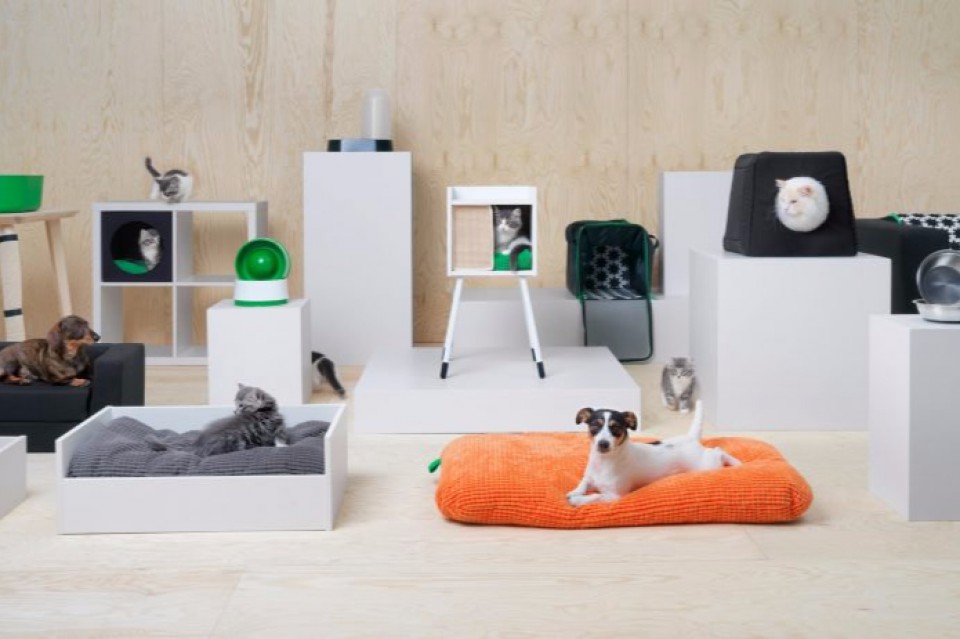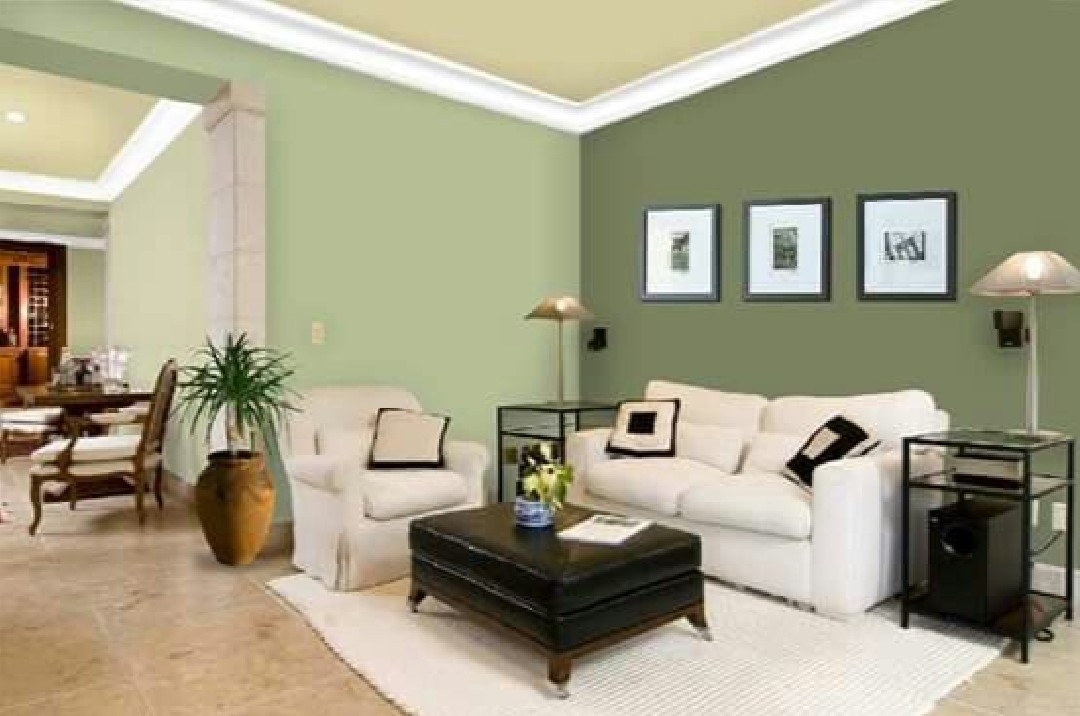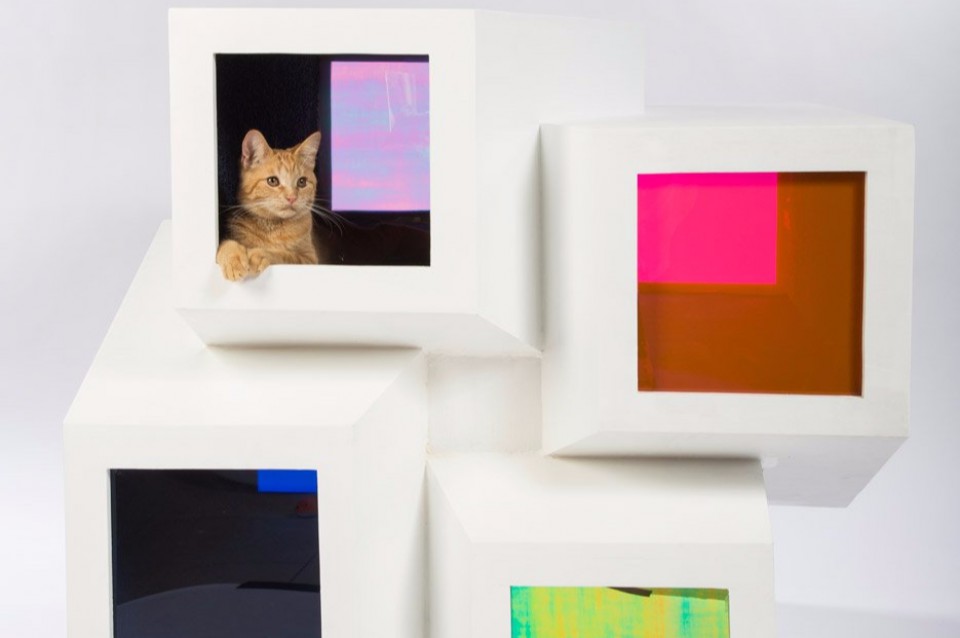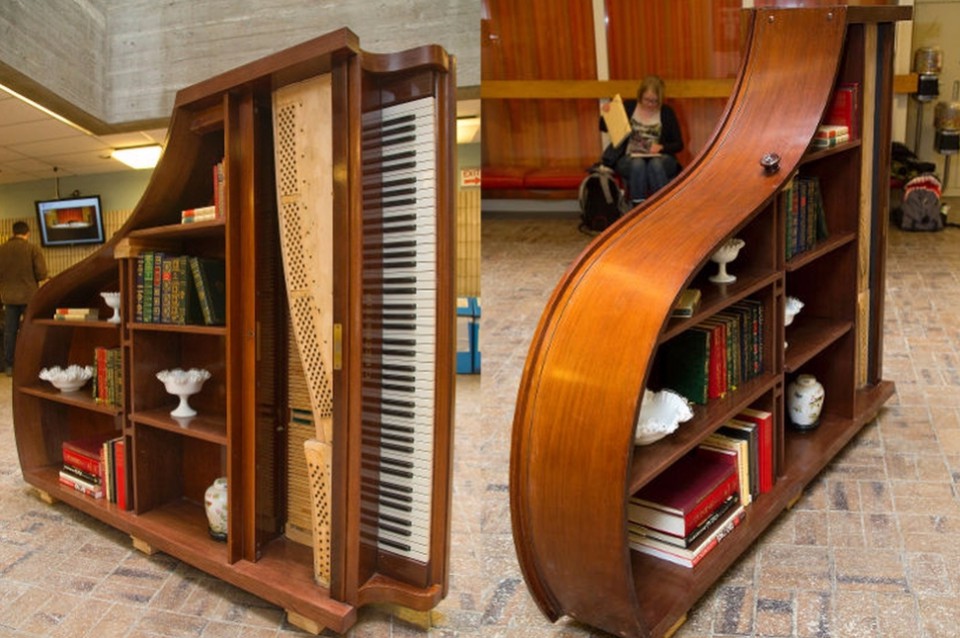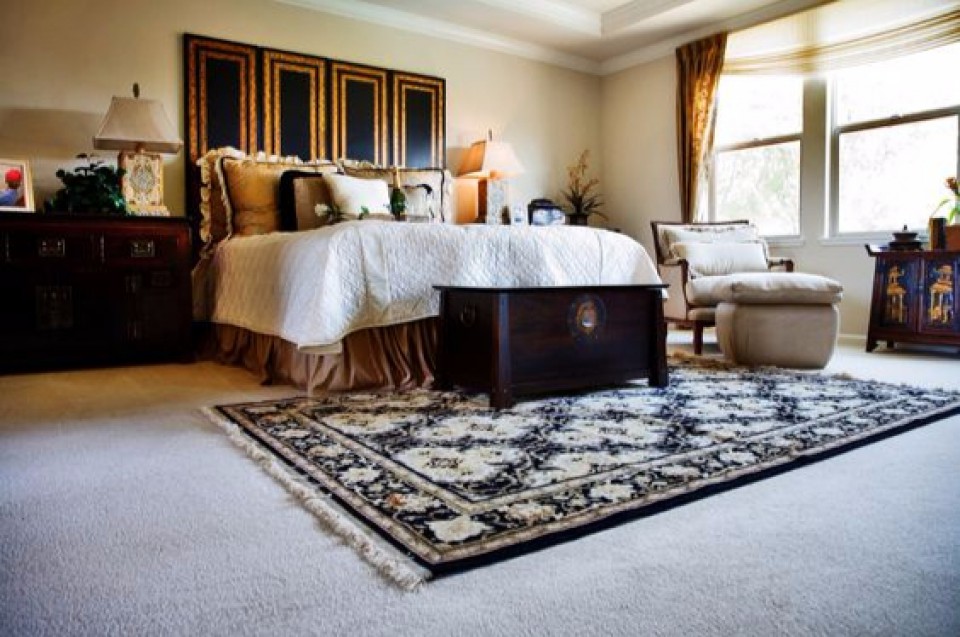Enticing Appetite: Recommended Wall Colors for Your Kitchen
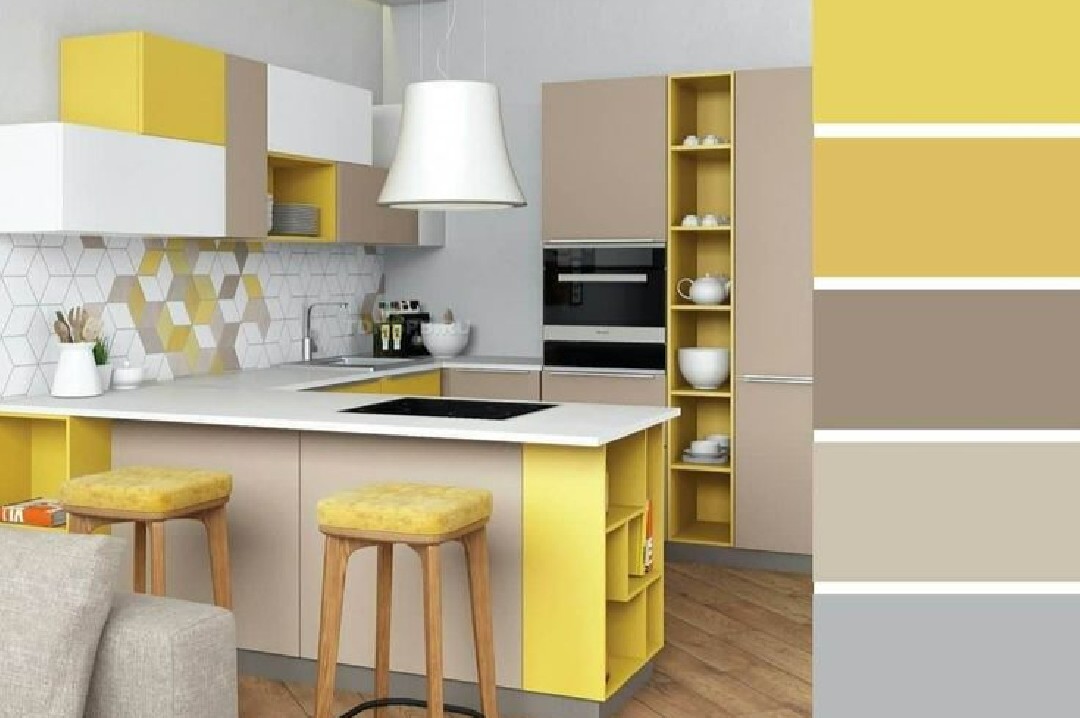
The kitchen is the heart of a home, where families gather to prepare meals, enjoy delicious food, and sometimes even socialize while cooking. Aside from its functionality for preparing food, an aesthetically pleasing kitchen can also boost mood and comfort while cooking or eating. One important element in creating an aesthetically pleasing kitchen is choosing the right wall color.
Beyond Aesthetics: The Psychology of Color in the Kitchen
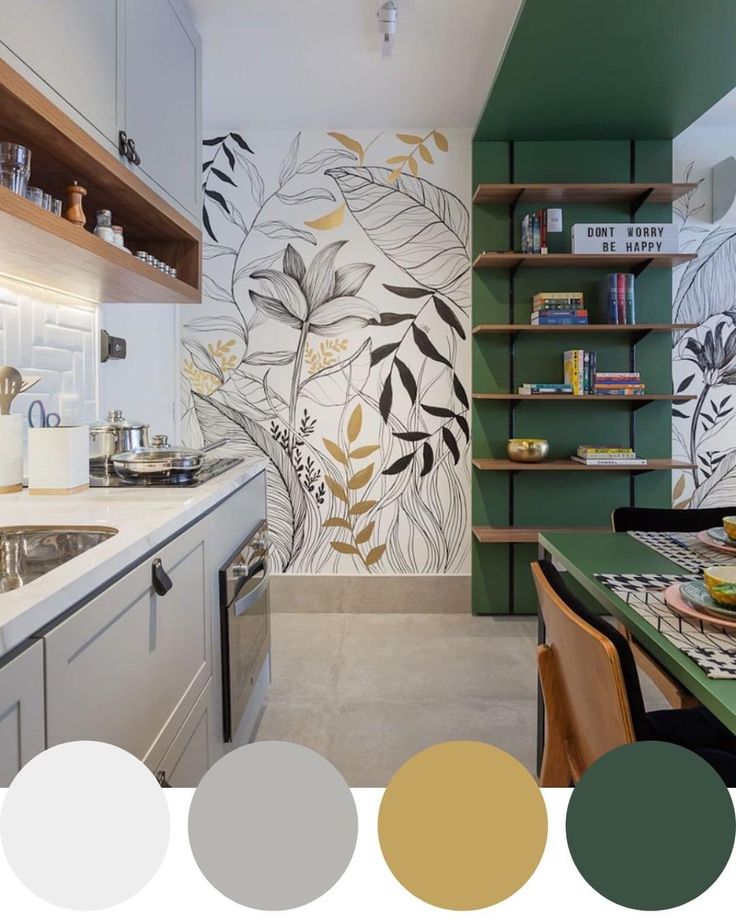
Wall color in the kitchen doesn't just affect the beauty of the room; it can also influence mood and appetite. Color psychology explains how colors can trigger specific emotional and behavioral responses. Choosing the right colors for your kitchen walls can ignite cooking enthusiasm, make food taste more delicious, and even influence portion control during meals.
-
Impact of Color on Appetite: Warm colors like red, yellow, and orange are known to stimulate appetite. These colors trigger physiological responses that increase leptin hormone production, which plays a role in regulating hunger.
-
Color's Influence on Mood: Bright colors like yellow and green can evoke cheerfulness and optimism, while cool colors like blue can help control appetite and create a more relaxed atmosphere.
-
Color Link to Healthy Lifestyle: Some people may prefer colors that minimize appetite, such as blue, to support their healthy eating habits. These colors can help control portions and reduce cravings for snacks.
Choosing the Right Kitchen Color: Important Factors to Consider
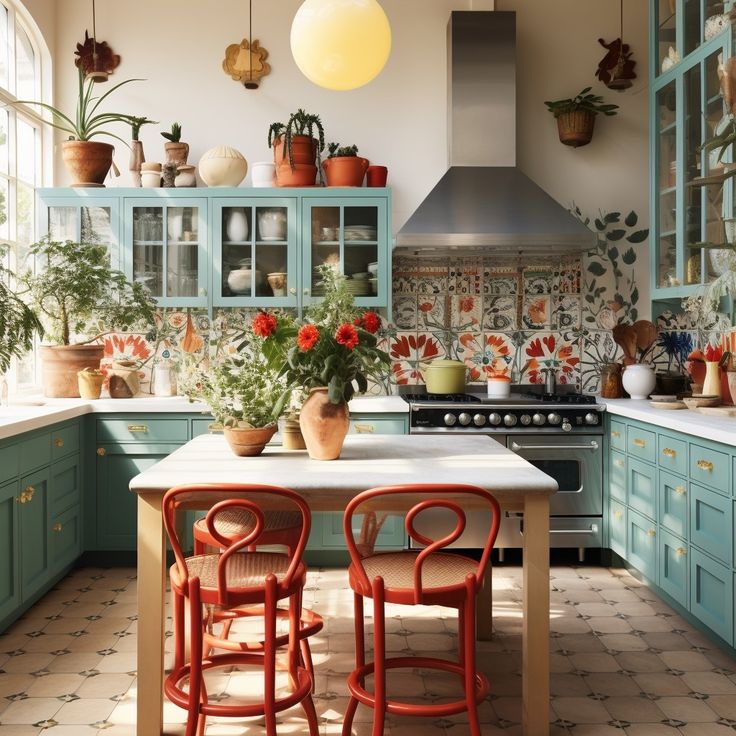
Choosing the right kitchen wall color involves several important factors that need to be considered:
-
Kitchen Style: Each kitchen style has its own characteristics. A modern minimalist kitchen might suit bold and bright colors like red or yellow, while a Scandinavian kitchen that emphasizes simplicity will look harmonious with pastel or green colors.
-
Personal Preference: The kitchen is where you spend time cooking and gathering. Choose colors that you like and that make you feel comfortable. Colors you enjoy can boost your mood and make cooking more enjoyable.
-
Kitchen Lighting: Natural and artificial lighting in the kitchen also affects the appearance of color. Bright colors will look brighter in a dark room, but they can feel glaring in a room with excessive lighting. Conversely, dark colors will look dim in a room with minimal natural light.
-
Kitchen Size: Light colors like white, cream, or light yellow can make a small kitchen feel more spacious and airy. On the other hand, dark colors are more suitable for large kitchens, but their use needs to be balanced with good lighting.
-
Color Combinations: A room can use more than one paint color. Combine the main color with an accent color to add depth and detail.
Choosing Ideal Colors: Various Options to Entice Your Appetite
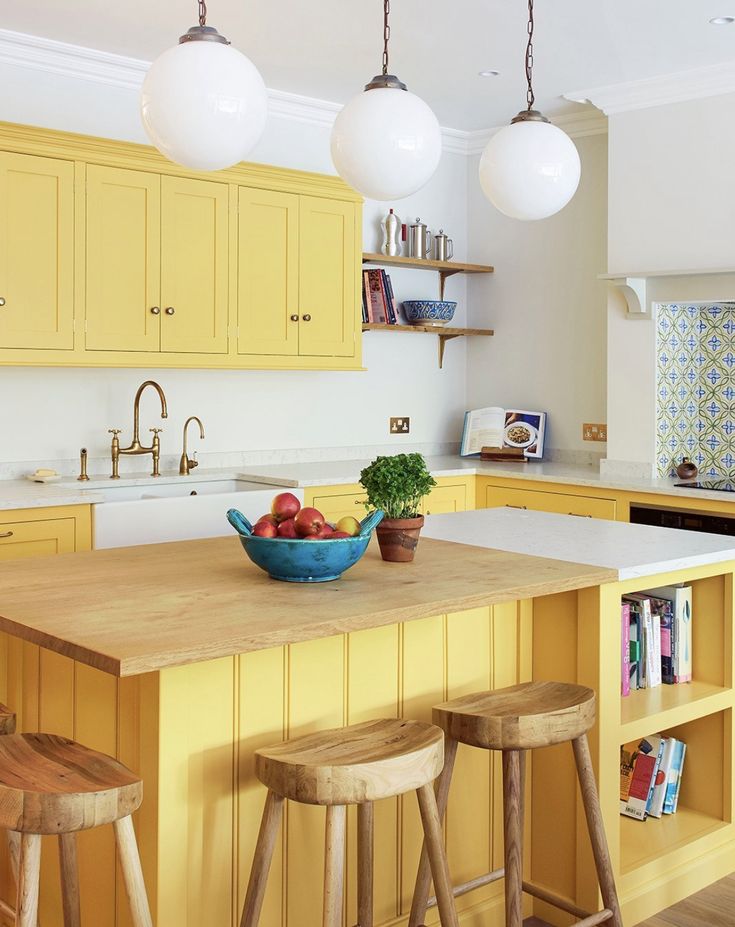
Now that we understand how color affects the kitchen atmosphere and appetite, let's discuss some ideal color options for kitchen walls:
-
Red: Red is a bold and energetic color that can stimulate appetite. This color is suitable for kitchens with a modern or minimalist style. However, using red as a dominant color can make the room feel cramped and crowded. As a solution, use red as an accent on one wall only, or combine it with neutral colors like white or cream to balance the room.
-
Yellow: Yellow is a cheerful and bright color that can evoke cheerfulness and optimism. This color is suitable for kitchens with a traditional or vintage style. A kitchen with yellow walls can look more cheerful and inviting. You can use yellow on all the kitchen walls, or combine it with blue or green to create a fresher and more dynamic atmosphere.
-
Green: Green is a natural and calming color that can improve mood and make you feel more relaxed. Green is suitable for kitchens with a Scandinavian or bohemian style. A kitchen with a green hue can provide tranquility and comfort while cooking. Use green on all the kitchen walls, or combine it with white or cream to create a more modern and clean atmosphere.
-
Blue: Blue is a cool and calming color that can help control appetite. This color is suitable for kitchens with a minimalist or contemporary style. A blue-toned kitchen can create a clean and modern atmosphere. Use blue on all the kitchen walls, or combine it with white or gray to create a more modern and elegant atmosphere.
-
Orange: Orange is a warm and energetic color that can ignite enthusiasm and creativity. This color is suitable for kitchens with an eclectic or vintage style. Use orange as an accent on one wall, or combine it with neutral colors like white or cream to balance the room. An orange-toned kitchen can provide energy and excitement while cooking.
Additional Tips for Choosing Kitchen Wall Colors:
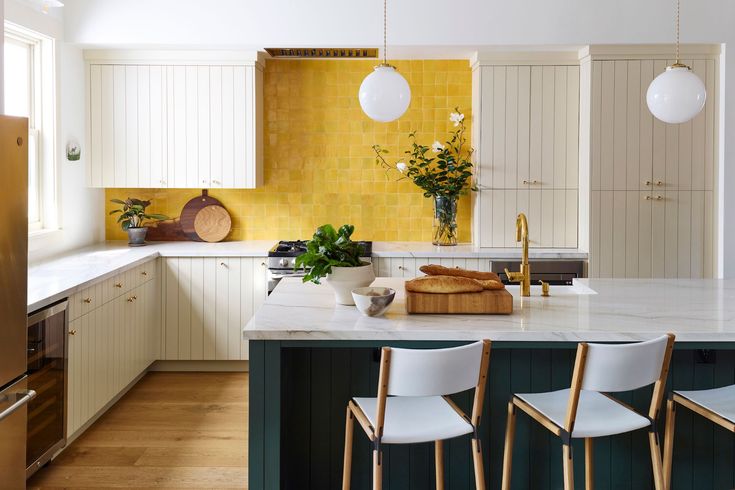
-
Try out different colors on paint samples before you decide on the final color. This will help you see how the color will look in your room with natural and artificial lighting.
-
Consult with an interior designer if you need help choosing the right color for your kitchen. An interior designer can provide advice that suits your kitchen style, personal preferences, and functional needs.
- Consider your kitchen accessories and décor when choosing wall colors. The colors of your kitchen accessories and décor can help you create the atmosphere you want in your kitchen.
Conclusion:
Choosing the right kitchen wall color can be a fun and rewarding process. By following the tips above, you can create a beautiful and functional kitchen that will entice your appetite and that of your family. Remember to consider your kitchen style, personal preferences, lighting, kitchen size, and color combinations to find the perfect color for your kitchen.
Bonus Tips:
-
If you want to create a more personal kitchen atmosphere, you can add murals or wall paintings with themes that you like.
-
Use houseplants to add color and freshness to your kitchen.
-
Choose the right kitchen lights to illuminate the room well and help highlight your wall color.
With a little creativity and consideration, you can create a beautiful and functional kitchen that will become your favorite place to cook and gather with family.
Additional Tips:
-
Warm colors tend to make a room feel smaller and more intimate, while cool colors can make a room feel larger and more open.
-
If you have a small kitchen, you can use a lighter color on the walls and a darker color on the ceiling to make the room feel taller.
-
If you have a large kitchen, you can use a darker color on the walls and a lighter color on the ceiling to make the room feel more cozy.
-
Use glossy paint to reflect light and make a room feel brighter.
-
Use flat paint to hide imperfections and create a more matte finish.
-
Consider using a semi-gloss paint for areas that get a lot of traffic, such as the kitchen walls near the sink or stove.
Remember, the best way to choose the right kitchen wall color is to experiment and find what you like best. There are no hard and fast rules, so have fun and be creative!
I hope this helps! Let me know if you have any other questions.


